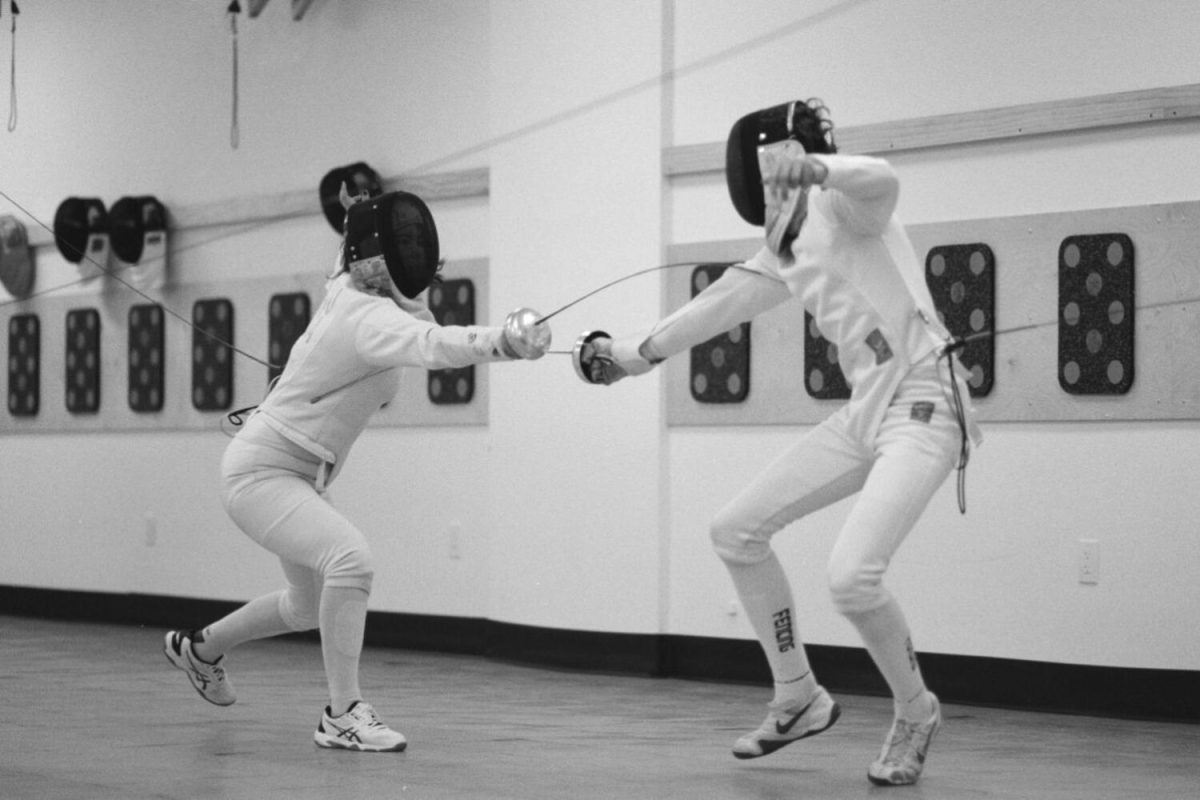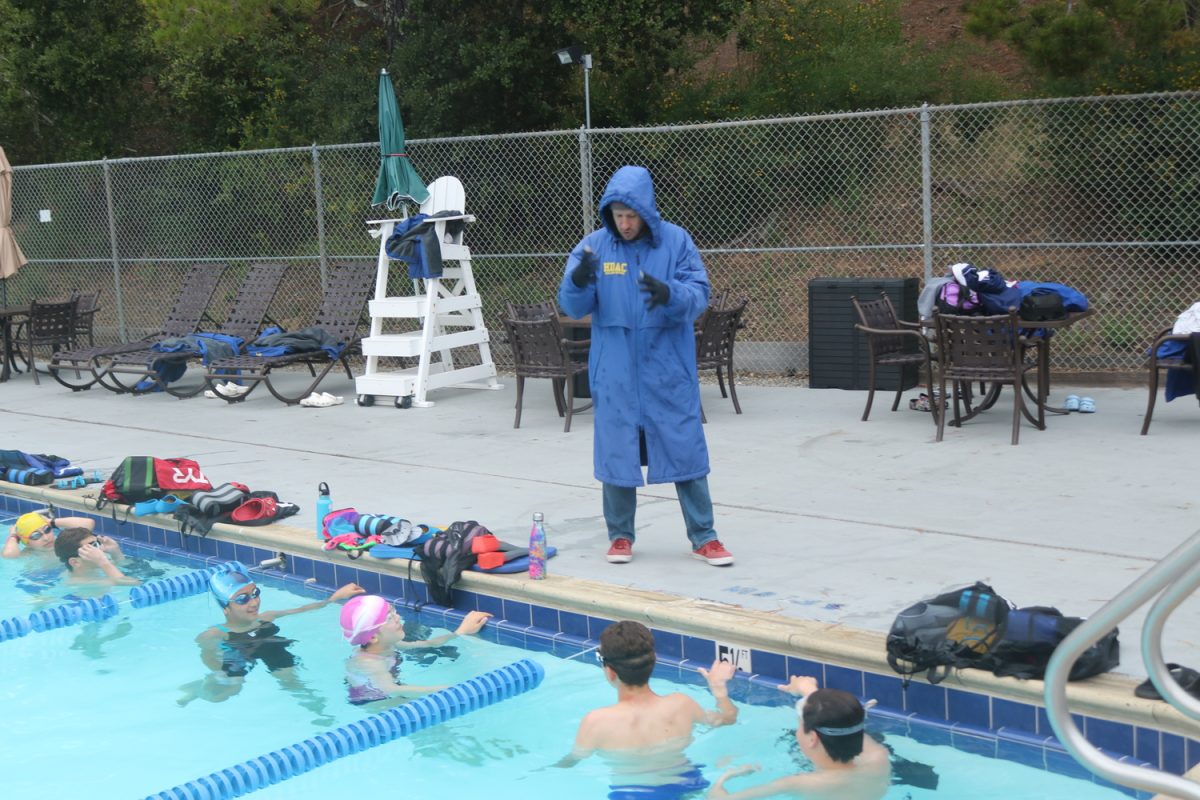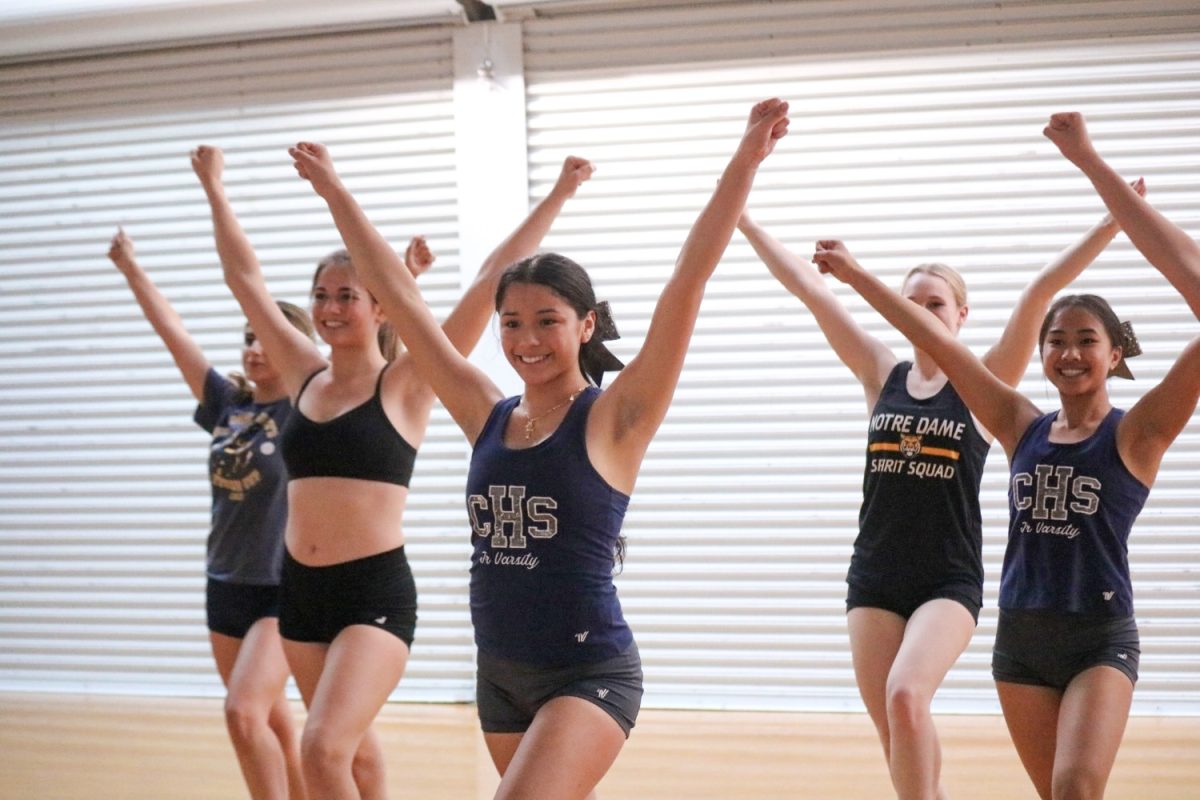From boosting mental and physical resilience to fostering social skills, sports are often overlooked in their benefits regarding one’s well-being.
Being actively involved in a sport holds significant physical advantages for overall health. Caring for the body during youth without excessive strain establishes the groundwork for better health in later years.
More importantly, exercising can act as a destresser to help clear the mind. Working out reduces mental static and generates a mixture of chemicals to enhance one’s mood.
“When playing a sport, by extension, you’re in a more relaxed mental state, you’re able to make more effective decisions. Often, when you exercise, you’ve got better blood flow, and overall, your thinking clarity is increased,” said flag football coach Oscar Fabic.
Exercise not only enhances blood flow but also promotes positive emotions. Participating in athletics floods people with endorphins, providing a consistent boost in mental health.
While sports are beneficial to one’s mental health, it’s essential to acknowledge that injuries and setbacks happen quite often. Though it might feel devastating for some, these challenges often serve as opportunities for personal growth beyond athletics.
“If you can overcome an injury like an ACL tear and come back to rehab the next season, even stronger than that, what’s studying for an exam? It gives kids a general series of obstacles that train them to address any applicable adversity,” Fabic said.
When I play water polo, it promotes mental discipline and resilience due to regular conditioning that my teammates and I undergo during practices.
— Eli Samon
Sports not only contribute to self-improvement but also instill self-confidence and boost self-esteem.
“You learn a skill that a lot of people don’t have. You apply that skill in a place where people are watching you, and when you have success, it stays with you, and you can apply that skill in any area of life. You learn how to handle life’s obstacles,” said football coach Eric Rado.
Connecting and forming friendships can be challenging for some outside the field. However, joining a team means becoming a part of a community.
“When the flag football team was interviewed in the past, they all gave similar answers when asked what they enjoyed the most about playing for Carlmont. The majority of them said that they met friends. They were talking about a community that was built. And there’s something about bonding over shared challenges, overcoming them, and working together, win or lose, regardless of what happens, created a community,” Fabic said.
“When you sign up for a structured, organized activity, you’re signing up for a collective goal as a team. The team’s goals are learning balance and making sacrifices for others,” Rado said.
On the field, exposure to different experiences teaches effective challenge management.
“You can learn a ton of valuable life lessons on the field and the basketball court, and you can learn how to handle adverse situations by meeting diverse people and being exposed to different things,” said athletic trainer Jasyn Chidester.












